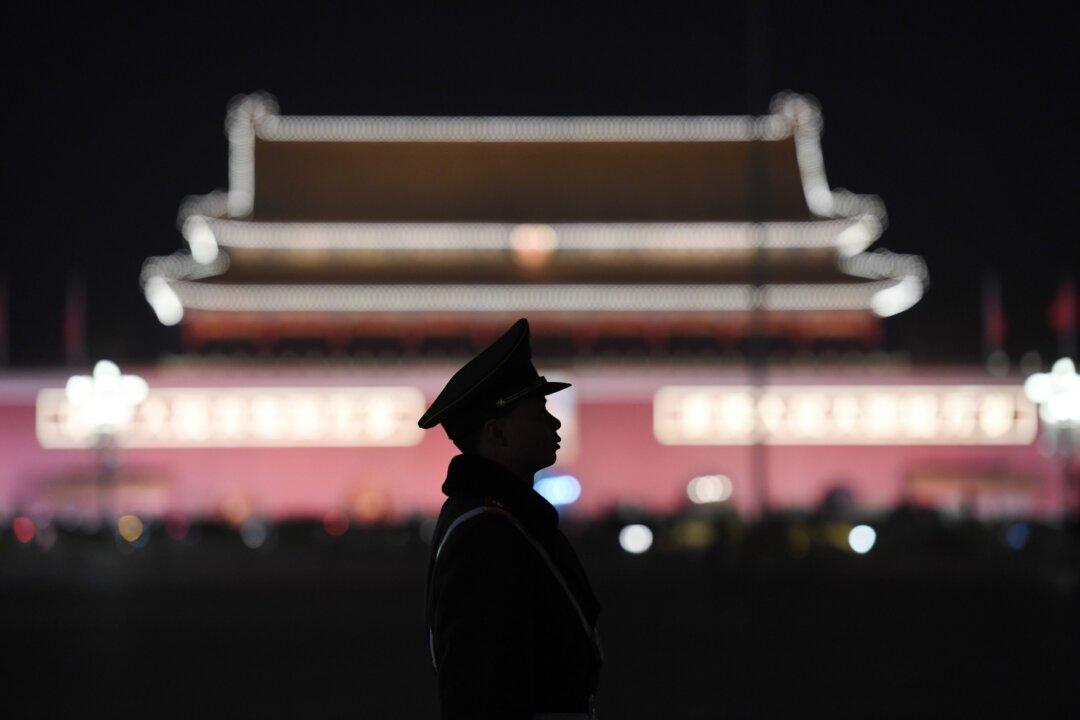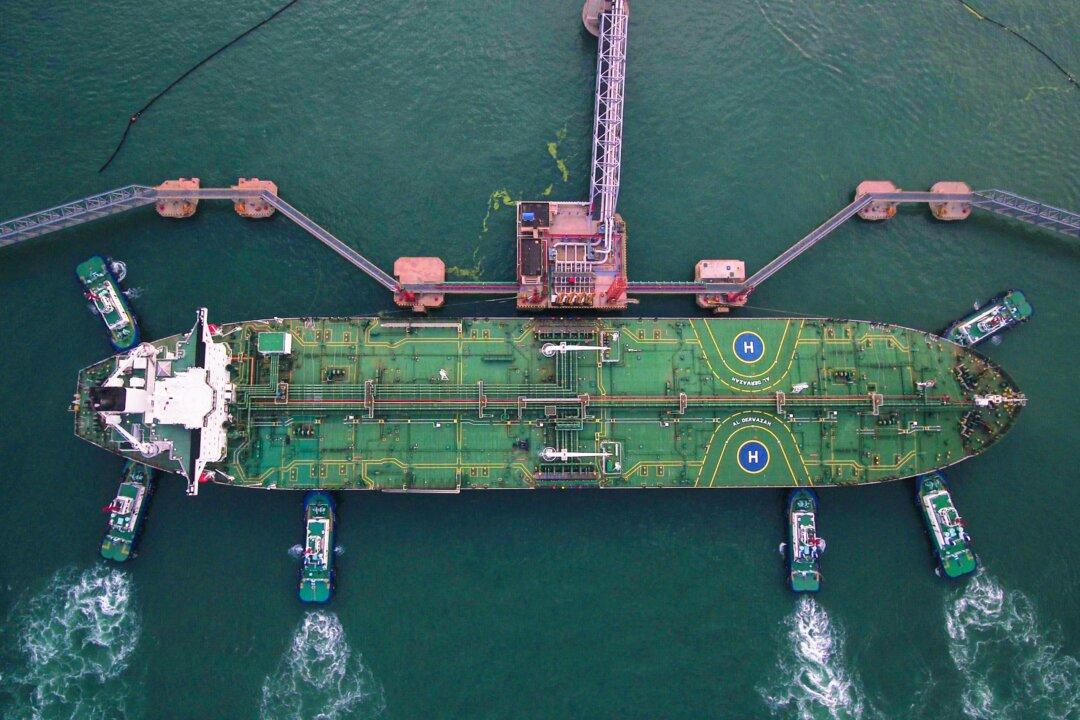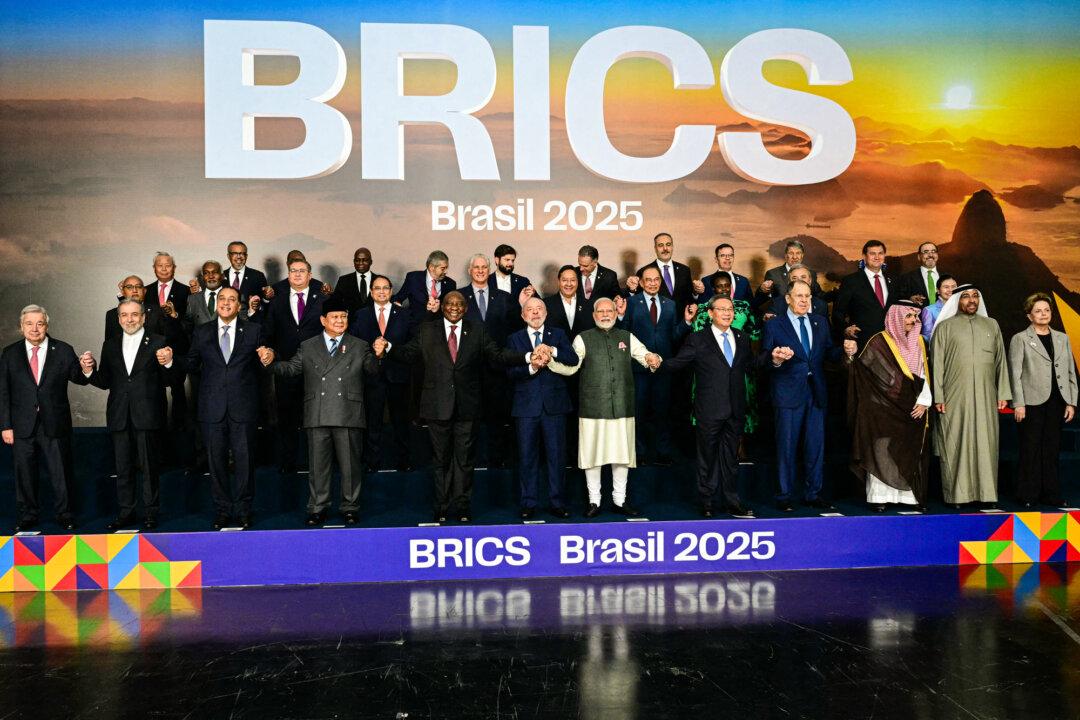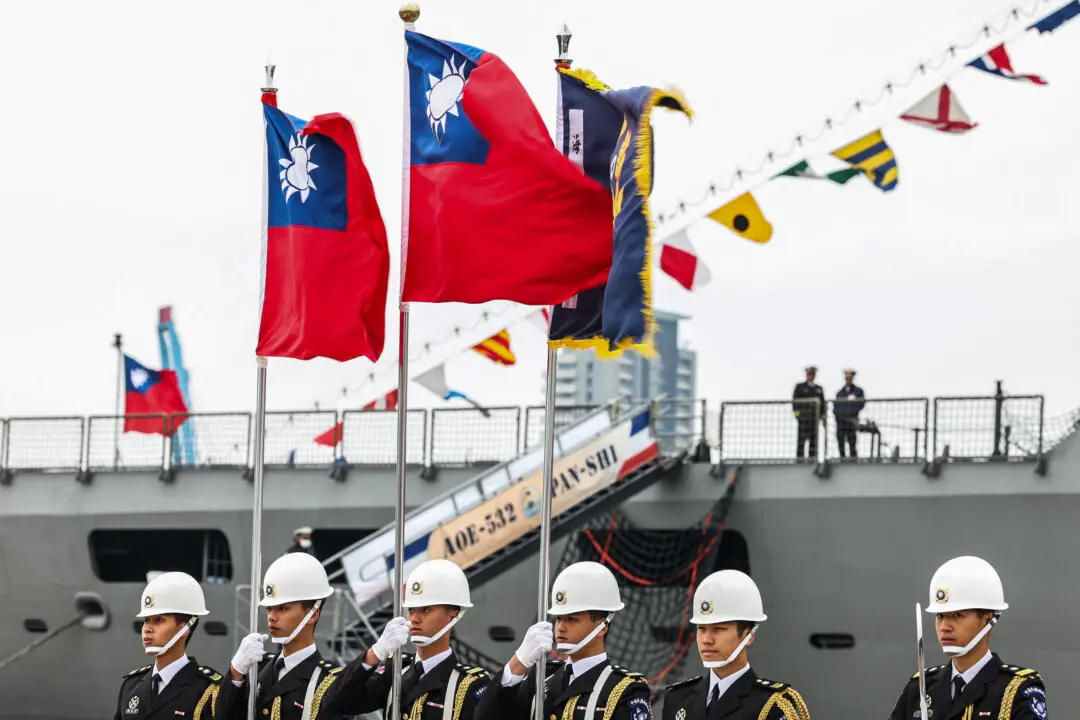Commentary
The Chinese Communist Party (CCP) is in crisis. That may seem to be an exaggeration, but it’s not. The Party is facing the greatest challenges to its leadership since Tiananmen Square in 1989. In fact, the risks to the Party’s legitimacy are even higher today because the Party could rely on rising levels of exports to the West and direct investment from it. That’s no longer the case.





